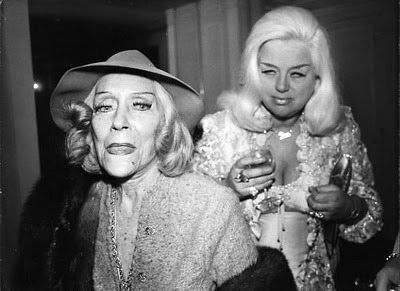Bold means I loved it and highly recommend it. * means I have read it before.
2013
The
Ministry of Fear* Graham Greene I've read it three times. His best book. One of the best books about the Blitz and the war: surreal but also a ripping yarn. Reminiscent of Lewis Carroll, John Buchan and Michael Innes.
Mister
Johnson Joyce Carey I loved this wonderful novel set in Nigeria.
The
Tao is Silent Raymond Smullyan
Notes
from a Small Island Bill Bryson For a mass audience, but full of insights into England
The
Casebook of Sherlock Holmes* Conan Doyle was not a good writer, unlike Buchan, the stories are silly melodrama, but Holmes and Watson are wonderful, peerless characters
The
Good Soldier Ford Madox Ford
Golden
Earth Norman Lewis - he wrote very well about his journey to Burma in 1951
2014
Burmese
Days George Orwell (much) better than Thackeray. Great social comedy.
Around the World in Eighty Days Jules Verne I skimmed it - fun.
Finding George Orwell in Burma Emma Larkin - interesting, though not well written.
The
River of Lost Footprints - Thant Myint U absorbing history of Burma
The Glass Palace Amitav Ghosh - unfinished, but a readable historical saga set in Burma
Iron Curtain Anne Applebaum - I reviewed it here. Liberals do not write thick, satisfying history like conservatives or Marxists but she proves to be a historian, not just a journalist.
Romania John Villiers (ed.) - dull little collection of essays. Don't bother.
De
Ce Este Romania Altfel? Lucian Boia Very, very good.
Dracula’s Bloodline Radu Florescu, atrociously edited but fascinating.
The Man without a Face Masha Gassen - MG is a Russian-American lesbian. She is a good writer too. Very informative account of Vladimir Putin and recommended.
Everything is Illuminated - unfinished - East European narrator's comic English was wearing
Riddle of the Sands Erskine Childers - unfinished: very well-written but too much yachting
Fragile Empire Ben Judah - I keep meaning to post my review.
Cheating at Canasta William Trevor unfinished
The Beetle* Richard Marsh unfinished. I loved this 1890s occult novel when I was 26. Now disbelief cannot be suspended. A man turns into an Egyptian god and then a beetle?
The Perfect Spy John Le Carré unfinished - not enough spying, too much a novel.
The Classless
Society Alwyn Turner - about John Major's Britain, not a patch on Andy Beckett's books about recent past in Britain, but it just about whiled away a plane journey.
Churchill: The End of Glory John Charmley in progress
The Danger Tree
Olivia Manning - a good novel. The Second World War now seems long ago.
What a lowbrow list. My schoolboy self would be disgusted that everything I read was written after 1890, it includes four thrillers plus Jules Verne, no poetry and nothing literary, except The Good Soldier by Ford Maddox Ford, which I hated. Ford reminded me of Henry James. Worse than that I cannot say.
How very few books I read in 2013. The reason was my internet addiction. In fact I only read THREE cover to cover: the three novels. At least I read three novels. I usually only manage one or two. I do most of my reading online, though, these days, which is a great shame because books, even on a kindle, are so much more enjoyable. Books are absorbing,the net enervating.
In 2014 I started by reading more books in two months than in the year before, although most were connected to my holiday in Burma. I then started reading on my kindle but tailed off and The Danger Tree was the only thing I read in the last three or four months. It's the first novel of Olivia Manning's Levant Trilogy, the continuation of her Balkan Trilogy which I have read several times. I strongly recommend the first two autobiographical novels set in Bucharest in 1939 and 1940.
The Danger Tree is better than any of the Balkan Trilogy but I shall not read the remaining novels. Olivia Manning writes well but I do not care a jot about any of her characters. Still, it's a much better series of books than Evelyn Waugh's Sword of Honour trilogy (and I am a huge Waugh enthusiast). I am not sure how it compares with Anthony Powell's A Dance to the Music of Time. ADTTMOT is probably better but I have only read the first and third volumes, many years apart.
John Charmley's Churchill: The End of Glory, published in 1993, is very good, though before starting it I had already come to accept his thesis and think that the conventional history of Britain's role in the Second World War is very misconceived. Dr. Charmley tells the heart-rending story of how Great Britain gave away her power and became the American satellite she is today. Cicero said
An unjust peace is better than a just war.
That is not always true, but true very often.
I have a big pile of books to read, I still intend to finish Gibbon, laid aside two years ago, but my priority now is War and Peace (about time) in preparation for my expedition to Moscow.






